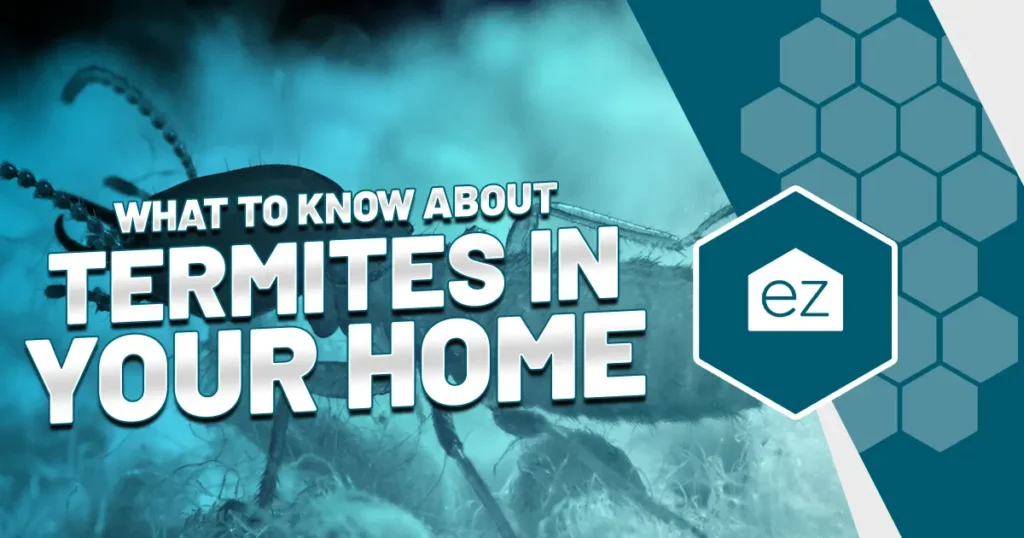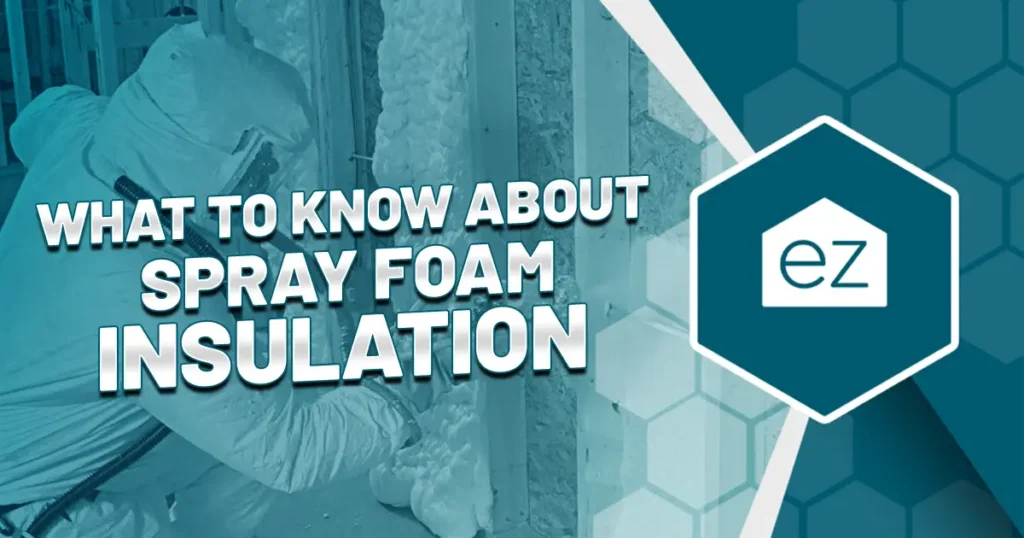The Importance of Having a Home Inspection Before Buying
 Although home inspections are not always mandatory, they are always an excellent idea. By gaining a clear picture of the home’s structural condition, it is possible to minimize risks and make a fully informed decision before purchasing. However, not everyone is well-versed on why it matters to have a property inspection performed before buying, so they debate skipping it. Don’t! Learn just why this step is a necessity, even when a lender does not say so.
Although home inspections are not always mandatory, they are always an excellent idea. By gaining a clear picture of the home’s structural condition, it is possible to minimize risks and make a fully informed decision before purchasing. However, not everyone is well-versed on why it matters to have a property inspection performed before buying, so they debate skipping it. Don’t! Learn just why this step is a necessity, even when a lender does not say so.
For informational purposes only. Always consult with a licensed real estate professional before proceeding with any real estate transaction.
What is a Home Inspection?
A home inspection is a professional, objective evaluation of the home and property, revealing any problems with its integrity. It is not a home appraisal, which considers how the condition impacts value. Learn more about a home appraisal.
Through a professional property inspection, it is possible to discover if any areas of the lot or building are in need of repairs or upgrades. The inspection should always be performed by a licensed professional with extensive experience in residential real estate. A home inspection license is required in some states.
Upon being called to the property, the inspector will comb through the location, carefully looking at the:
- Foundation
- Roof
- Plumbing
- Electrical
- Appliances
Is a Home Inspection Necessary?
An inspection can eat up extra time in the home-buying process, and a home inspection costs extra. Homebuyers can work with a real estate agent to vet the property before submitting a bid. Real estate agents will point out any potential problem areas, helping buyers understand their risk in bidding on that property.
Even with their help, however, it is impossible to fully predict if hidden problems will be revealed through the inspection. The buyer can only make an educated guess on the integrity of the property and then have their assumptions confirmed (or refuted) by an experienced inspector.
The homebuyer should plan to attend the inspection to gain insights into the property they want to buy. Some home inspectors ask the home buyer to come towards the end of their inspection and will walk through the property with you to point out significant findings. That’s the time for homeowners to ask questions. Attending improves the buyer’s understanding of the property’s condition.
Regardless of whether the buyer attends, home inspection services include receiving a detailed report from the inspector afterward, as will the lender, if needed. The report outlines all necessary repairs to get the building up to code, ensure occupant safety, and ensure the property passes inspection.
Reasons to Have a Home Inspected Before Buying
Without a home inspection, many problems can lie under the surface, costing the future homeowner a lot of money to rectify and potentially devaluing the property. Furthermore, the home could be unsafe if its systems are not up to code.
Common problems revealed by an inspection include:
- Hazardous mold growth
- Faulty wiring
- Leaking in the basement
- Water drainage problems
- Broken or missing shingles
- Cracks in the foundation
- Defective heating components
Many of these problems lie just out of view, making it difficult for homebuyers and real estate agents to detect their presence when touring the home. And not every crack in a wall or water stain is a cause for concern. Licensed home inspectors know the difference. Without a trained inspector’s assistance, issues can go unnoticed until after closing, leaving the homeowner and lender holding a poor investment.
For this reason, many lenders require a property inspection before allowing buyers to close on the property. If the initial inspection reveals any issues, they may allow the buyer to negotiate to rectify the problems or to adjust the pricing to reflect the condition. Depending on the issues, the property may need another inspection to verify all is up to code and the property meets the local standards.
Who to Call for an Inspection of the Property
Homebuyers can only order an inspection on the property after submitting a bid and having it accepted by the owner. Only at that point can they call in their preferred home inspector to take a look.
The homebuyer is tasked with finding and hiring their home inspection professional, though real estate agents can provide a list of service providers and an estimated home inspection price.
No matter if they are required by the lender or not, home inspections are an integral part of the process. Although skipping them might be faster or less expensive, it is unwise. For your peace of mind and your family’s safety, a home inspection provides so many benefits. The home inspection cost is worth it when viewed in this way.
For informational purposes only. Always consult with a licensed real estate professional before proceeding with any real estate transaction.
Updated November 2023.
Start Your Home Search
Preston Guyton
Share this Post
Related Articles
Buying a Home
What to Know About Termites In Your Home
Buying a Home
What to Know About Spray Foam Insulation
Buying a Home
5 Most Affordable Places to Buy a Home in Tennessee
Buying a Home





